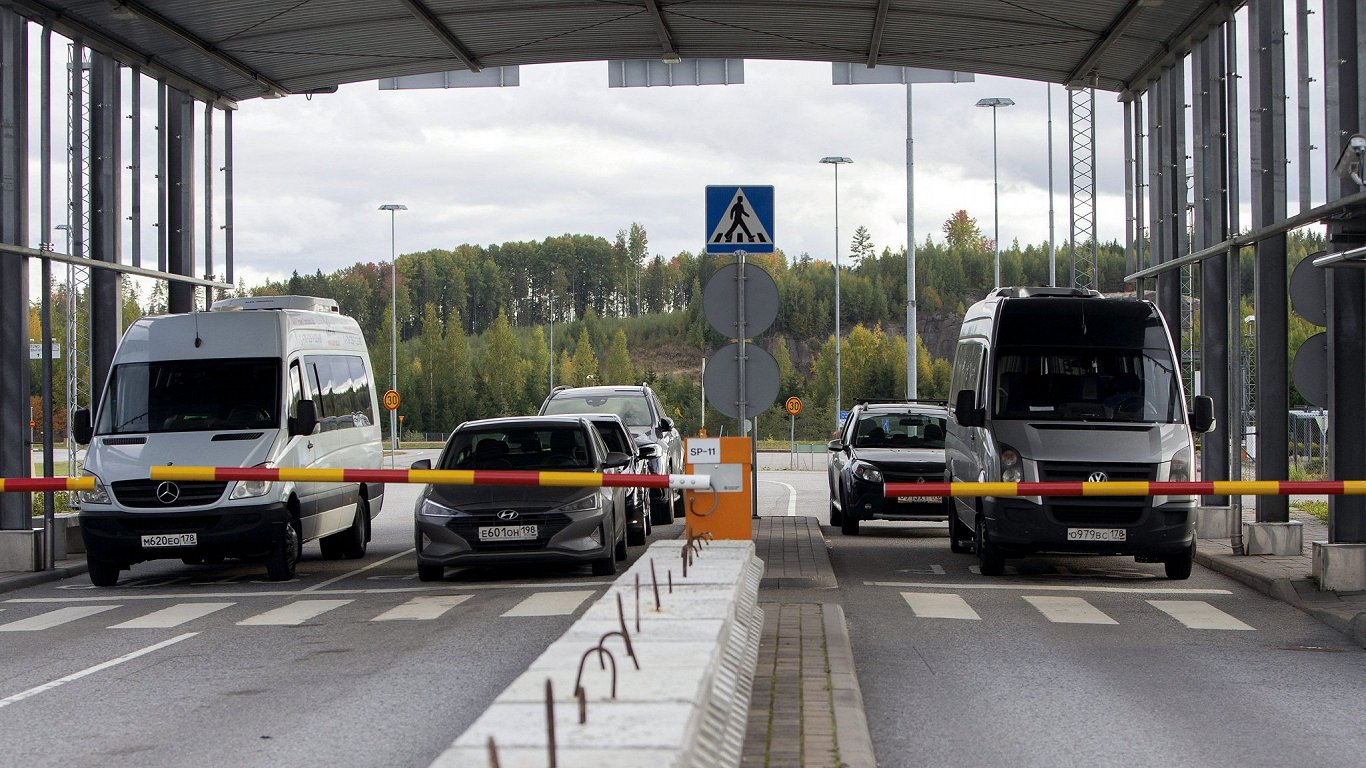The VID stated that from September 12, 2023 at 18:00 persons are prohibited from entering the territory of Latvia with vehicles registered in the Russian Federation through the Latvian-Russian and Latvian-Belarusian border crossing points. Persons with such vehicles will have to return to the Russian Federation or the Republic of Belarus from the border crossing point.
If the person refuses to comply with the instructions of the customs authority, including going back to the Russian Federation or the Republic of Belarus, it will be possible to confiscate their vehicles in accordance with the regulatory enactments of the customs area.
The VID stated that Latvian legislation provides for criminal liability for non-compliance and warns against any attempts to make repeated attempts to enter the EU via different border crossing points.
🚗 🇷🇺 Ņemot vērā EK skaidrojumu un @Arlietas aicinājumu rīkoties, no 12. septembra plkst. 18.00 personām ir liegts iebraukt Latvijā ar Krievijā reģistrētiem transportlīdzekļiem caur Latvijas–Krievijas un Latvijas–Baltkrievijas robežšķērsošanas vietām.
— VID (@vid_gov) September 12, 2023
ℹ️ https://t.co/hEJlEIytaD pic.twitter.com/9r5OsHLydQ
The entry ban will not apply to vehicles intended for the use of diplomatic and consular missions of the EU and Member States, including delegations, embassies and missions, when they move. Persons will be allowed to return from the EU to Russia in light vehicles registered in the Russian Federation, provided they are not declared as goods (i.e. they are not being moved for resale) and are used only as a means of transportation.
In addition, cars registered to EU citizens and their immediate family will not be subject to the ban, and Russian-registered cars already in the EU will be able to transit Latvia to return to Russia or Belarus – but will then not be allowed back in.
The VID added that there is already a ban on cargo carriers crossing the EU border, specifically tractors and trailers registered in the Russian Federation. The ban does not apply to road transport companies registered in Russia, which transport cargo by road transport in transit through the EU between Russia's Kaliningrad (Karaļauči) exclave and Russia's main territory.
Conformation of the entry ban comes in the wake of new guidance issued by the European Commission last week that initially caused some head-scratching and required additional clarification in member states, as reported by our colleagues at ERR News in Estonia. According to ERR News, EU states that share a border with Russia, namely Finland, Estonia, Latvia, Lithuania and Poland, will meet later this week to coordinate their actions in view of the new rules.
According to the EC guidance "It is not relevant whether the use of the vehicles is private or commercial as long as the vehicles are falling under a CN code listed in Annex XXI (e.g. CN code 8703) and are originating in or are being exported from Russia. This is most likely the case for vehicles having a Russian license plate and are registered in Russia. The duration of their possible stay in the Union and respectively the customs procedures under which they will be placed (e.g. release for free circulation or temporary admission) is also not relevant."





























